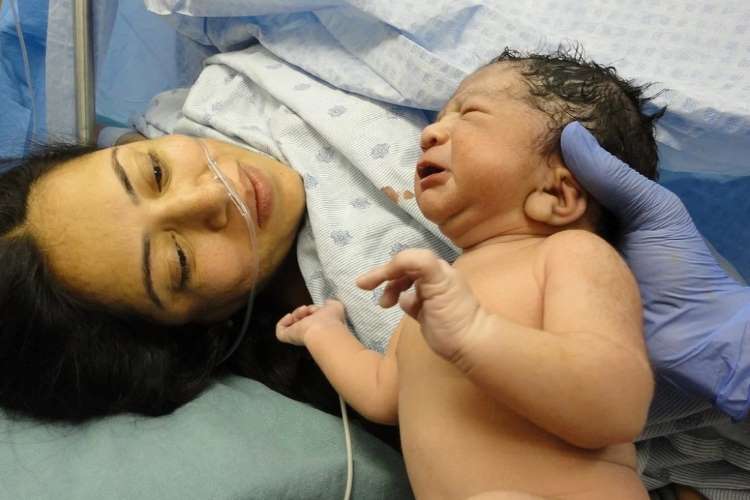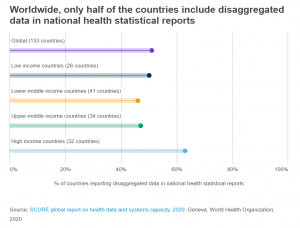
As the world continues to reel under the impact of the Covid-19 pandemic, there is a need to revisit the idea of self-care, an area under-researched from the public health perspective. When people affected by Covid-19 are advised to stay home, a piece of clear advisory on self-care should to be issued.
There is an urgent need to evolve effective interventions to address health inequalities. More evidence is required to explore whether HEA (Health Equity Assessment) implementation can reduce inequalities and which factors influence effectiveness.
Adverse events seemingly elicited by placebos are often called ‘nocebo’ responses. These can be caused by misattribution of common background symptoms, anxiety and expectations of adverse events. A study by Antimicrobial Resistance Collaborators presents the most comprehensive estimates of AMR burden to date.
READ I Budget 2022 must invest in monitoring education, health schemes
Taking self-care seriously
Around half of the world population lack access to essential health services. This is the reason why self-care interventions are critical. WHO forecasts a global shortage of 18 million health workers by 2030. A record 130 million people will require humanitarian assistance, and there is a global threat of pandemics such as Covid-19. At least 400 million people worldwide lack access to essential health services, and every year 100 million people plunge into poverty because they have to pay for healthcare out of their own pockets.

There is an urgent need to find innovative strategies beyond the conventional health-sector response and promote self-care that may contribute to this challenge. However, self-care is an under-researched public health area.
An often-repeated advice from healthcare providers is that people affected by the Omicron variant of Covid-19 can manage themselves at home if they are not critical. However, people with Covid-19, particularly with the omicron variant, often have symptoms in the long term (Long Covid), including fatigue, breathlessness, and neurocognitive difficulties. The biomedical mechanisms causing Long Covid are vastly unknown. As a result, there are no evidence-based treatment options available from the physicians.
READ I Budget 2022: 10 ideas for a healthy India, booming economy
Clinical guidelines focus on symptom management, and various treatment options are still being evaluated. However, the scarcity of medical advice has often left people with Long Covid feeling isolated and frustrated in their search for therapies. In addition, advice from healthcare providers to not visit hospitals with minor ailments adds to patients’ confusion and anxiety.
In the correspondence section of the Lancet, Brown and colleagues from the University of Birmingham highlighted some of the issues related to the self-management of Long Covid. People with Long Covid reportedly turned to a vast range of over-the-counter medicines, remedies, supplements, other therapies, and dietary changes to manage relapsing and remitting symptoms.
There are potential risks of self-prescription, such as harmful drug-drug interactions and the use of inappropriate treatments. In addition, unguided self-management is often costly, contributing to the existing health inequalities.
According to WHO, self-care interventions are among the most promising and exciting new approaches to improve health and wellbeing, both from a health systems perspective and for people who use these interventions. Self-care interventions can contribute substantially to achieving universal healthcare and supports target 3.8 of Sustainable Development Goal 3 (to ensure healthy lives and promote well-being for all ages).
A cursory review of the definition of self-care on the Pub Med database did not provide a satisfactory answer. Therefore, the available data on self-care is presented by diabetes care, nurses self-care, pharmacists, and occupational therapists.
Dorothea Orem’s self-care deficit theory focuses on the “individual’s ability to perform self-care”, defined as ‘the practice of activities that individuals initiate and perform on their behalf in maintaining life, health, and well-being. Orem believes that patients could perform their care to maximize their health well-being and would require care from a medical professional only when they cannot care for themselves.
Research is needed to understand the best practices of self-care that could be used to manage Long Covid symptoms and other minor illnesses. There is an urgent need to develop self-care models for some common ailments.
References:
Kirsty Brown, Asma Yahyouche, Shamil Haroon, Jenny Camaradou, Grace Turner (2022) Long COVID and self-management. Correspondence. www.thelancet.com Vol 399 January 22, 2022.
Younas A. A (2017) Foundational Analysis of Dorothea Orem’s Self-Care Theory and Evaluation of Its Significance for Nursing Practice and Research. Creat Nurs. 2017 Feb 1;23(1):13-23. DOI: 10.1891/1078-4535.23.1.13. PMID: 28196563.
WHO Guideline on self-care interventions for health and well-being. July 13 2021.
Dr Joe Thomas is Global Public Health Chair at Sustainable Policy Solutions Foundation, a policy think tank based in New Delhi. He is also Professor of Public Health at Institute of Health and Management, Victoria, Australia. Opinions expressed in this article are personal.

